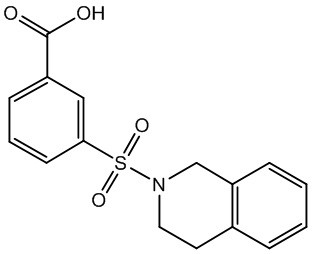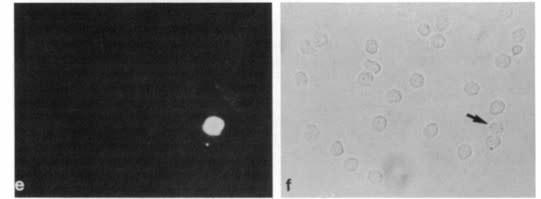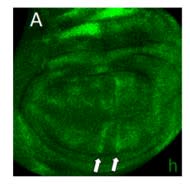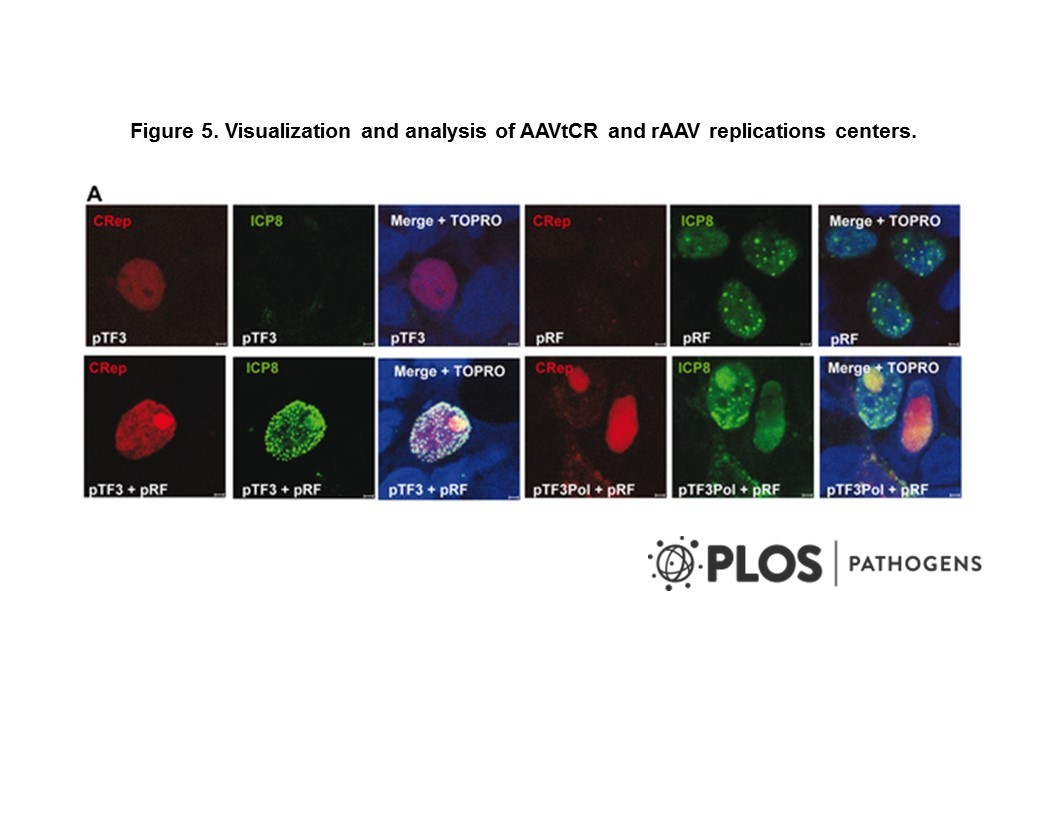Cat. #151843
AKR1C3 inhibitor CRT0036521 Small Molecule (Tool Compound)
Cat. #: 151843
Sub-type: Inhibitor
Availability: Please enquire for quantities and pricing
Application: The compounds showed good cellular potency, as measured by inhibition of AKR1C3 metabolism of a known dinitrobenzamide substrate, with a broad rank order between enzymic and cellular activity, but amide analogues were more effective than predicted by the cellular assay. displays potency in a cellular assay, blocking the ability of AKR1C3 to metabolize a proven substrate.
This fee is applicable only for non-profit organisations. If you are a for-profit organisation or a researcher working on commercially-sponsored academic research, you will need to contact our licensing team for a commercial use license.
Contributor
Inventor: Laurent Rigoreau
Institute: Cancer Research Technology
Tool Details
*FOR RESEARCH USE ONLY
- Tool name: AKR1C3 inhibitor CRT0036521 Small Molecule (Tool Compound)
- Molecular formula: C16H15NO4S
- Tool sub type: Inhibitor
- Primary target: AKR1C3
- Description: CRT0036521 is a highly potent and selective inhibitor of the Type 5 17-?-Hydroxysteroid. A high-throughput screen identified 3-(3,4-dihydroisoquinolin-2(1H)-ylsulfonyl)benzoic acid as a novel, highly potent (low nM), and isoform-selective (1500-fold) inhibitor of aldo-keto reductase AKR1C3: a target of interest in both breast and prostate cancer. Crystal structure studies showed that the carboxylate group occupies the oxyanion hole in the enzyme, while the sulfonamide provides the correct tw...
- Application: The compounds showed good cellular potency, as measured by inhibition of AKR1C3 metabolism of a known dinitrobenzamide substrate, with a broad rank order between enzymic and cellular activity, but amide analogues were more effective than predicted by the cellular assay. displays potency in a cellular assay, blocking the ability of AKR1C3 to metabolize a proven substrate.
- Purpose: Inhibitor
- Selectivity: Isoform-selective (1500-fold) inhibitor of aldo-keto reductase AKR1C3. Does not display any COX (cyclooxygenase) inhibition at 10 ÂľM in whole blood assay.
- Iupac: 3â(3,4-Dihydroisoquinolin-2(1H)âylsulfonyl)benzoic Acid
- Molecular weight: 317.37
Handling
- Purity: 317.37 g/mol
- Shipping conditions: Dry Ice
Target Details
- Primary target: AKR1C3
- Ic50: IC50 of 0.013 Âą 0.003 ÎźM for AKR1C3, compared with 20.3 Âą 3.8 ÎźM against AKR1C1 and >30 ÎźM against AKR1C2 and AKR1C4.
Application Details
- Application: The compounds showed good cellular potency, as measured by inhibition of AKR1C3 metabolism of a known dinitrobenzamide substrate, with a broad rank order between enzymic and cellular activity, but amide analogues were more effective than predicted by the cellular assay. displays potency in a cellular assay, blocking the ability of AKR1C3 to metabolize a proven substrate.
Related Tools
- Related tools: AKR1C3 inhibitor CRT0083914 Small Molecule (Tool Compound) ; AKR1C3 inhibitor CRT0093964 Small Molecule (Tool Compound)
References
- Janieson et al. 2012. J Med.Chem. PMID: 22877157







